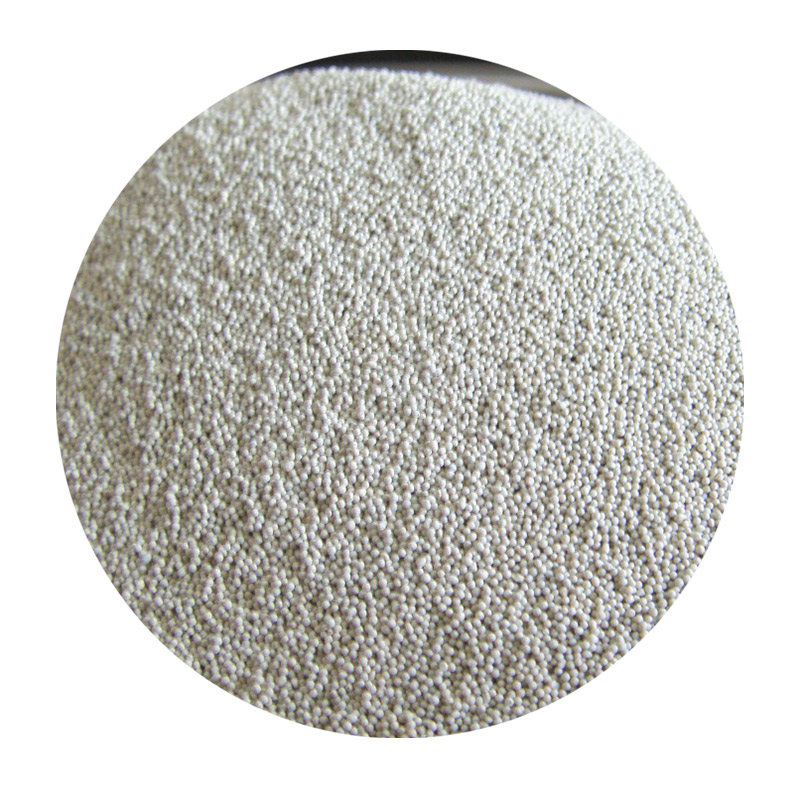Types of Sand Casting
Sand casting is one of the most popular and versatile manufacturing processes, particularly in the metalworking industry. It involves creating a mold from sand in which molten metal is poured to form a desired shape. The simplicity of the process, coupled with its ability to produce complex geometries, makes it a favored method for many applications. This article will explore the various types of sand casting, highlighting their unique characteristics and applications.
1. Green Sand Casting
Green sand casting is the most common type of sand casting. It uses a mixture of silica sand, clay, and water to form the mold. The term green refers to the moisture content of the sand rather than the color. Green sand molds are relatively inexpensive to make and can be reused several times. This technique is particularly favorable for mass production of metal parts because it allows for quick mold preparation and efficient casting cycles. Additionally, green sand casting provides good surface finish and dimensional accuracy.
2
. Dry Sand CastingIn contrast to green sand casting, dry sand casting uses a mold made from sand that has been baked or dried to remove moisture. This results in a stronger mold that can withstand higher temperatures, making it suitable for casting high-melting-point metals such as cast iron and steel. Dry sand molds tend to offer better surface finish and dimensional tolerance compared to their green sand counterparts. However, the process is more time-consuming and often more expensive due to the additional drying step.
3. Sodium Silicate Sand Casting
types of sand casting

Sodium silicate sand casting employs a mixture of sand and sodium silicate, a liquid glass binder that creates a strong mold when cured. This method allows for a quick setup, as the mold can harden rapidly using carbon dioxide gas. This type of casting is known for producing molds with excellent detail and surface finish. Sodium silicate molds can be more durable than green sand molds and are often utilized in applications requiring high precision and intricate shapes. However, the process may be less common due to the higher cost of materials.
4. Shell Mold Casting
Shell mold casting is a variation of sand casting that involves the use of a thin shell made from fine sand and thermosetting resin. The mold is created by heating the mixture, which hardens upon contact with a heated pattern. The thin shell results in excellent surface finish and dimensional accuracy, making it ideal for producing high-quality components with complex geometries. This method is particularly prevalent in industries like automotive and aerospace where precision and quality are paramount.
5. Investment Casting (Lost Wax Casting)
Although not a traditional sand casting method, investment casting can often be mistaken as one due to its usage in similar applications. Investment casting involves creating a wax pattern, coating it with ceramic material, and then melting away the wax to create a mold. While this process is typically more expensive, it is capable of yielding highly intricate and precise parts with excellent surface finishes. Investment casting is often used for applications in jewelry making, aerospace, and other industries requiring detailed components.
Conclusion
Sand casting remains a crucial process in manufacturing, offering a variety of types to meet different production needs. From the traditional green sand casting to more specialized methods like sodium silicate and shell molding, each type has its advantages and applications. The choice of sand casting type depends on factors such as material properties, production volume, and cost considerations. As industries continue to evolve, innovations in sand casting techniques will likely enhance efficiency and broaden possibilities, cementing its role in modern manufacturing.
Post time:Des . 05, 2024 14:19
Next:sanding 3d prints
